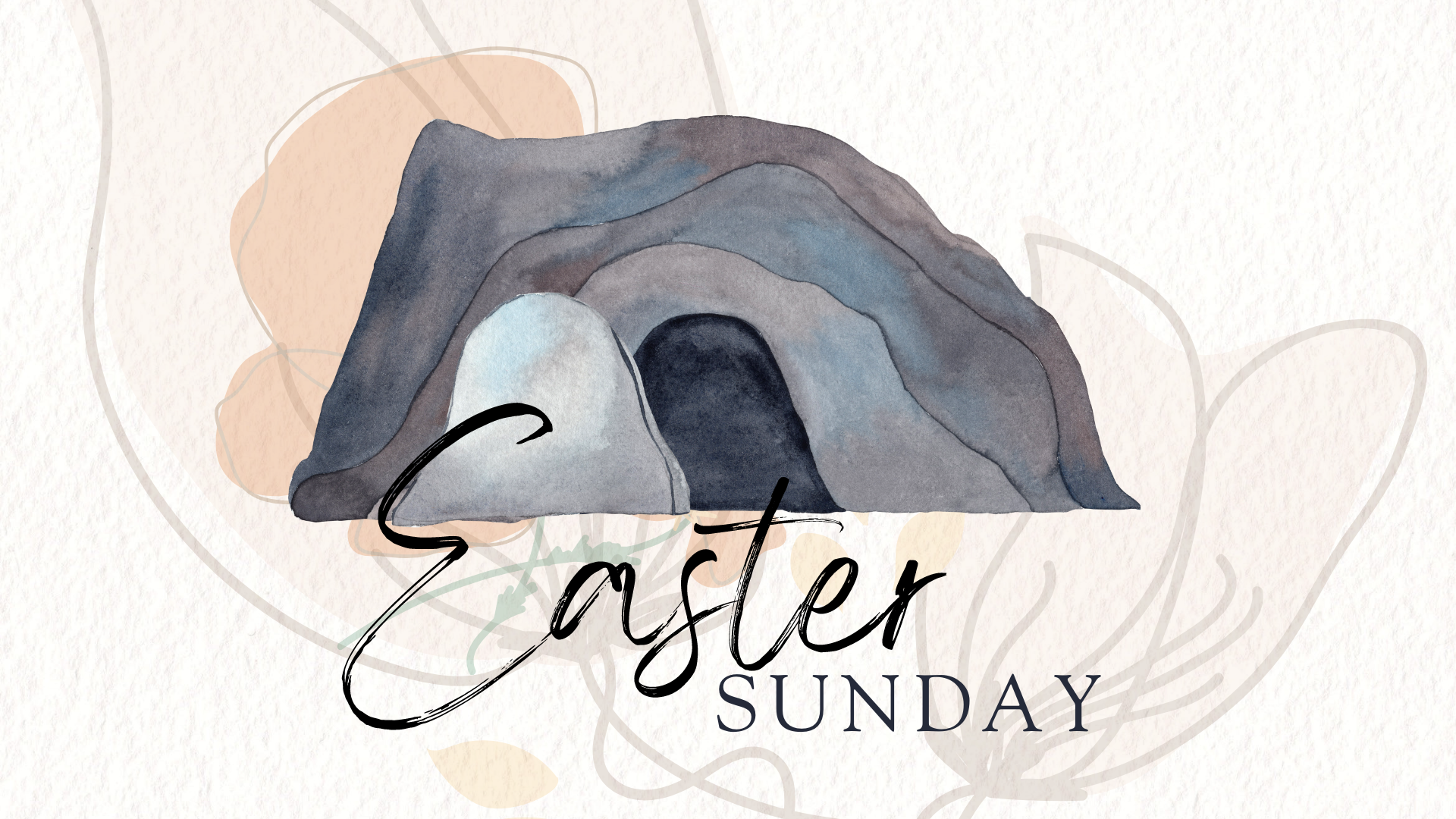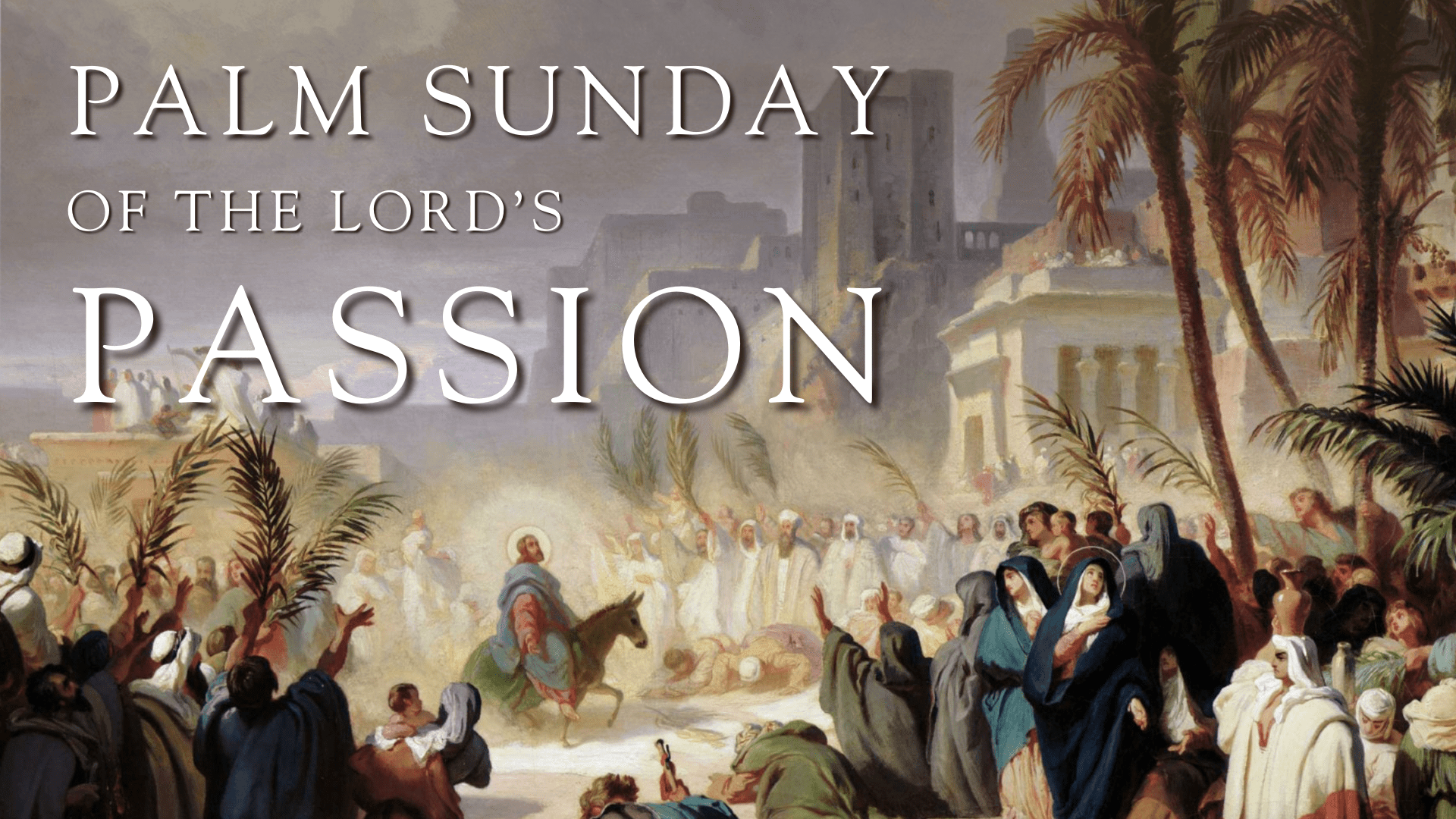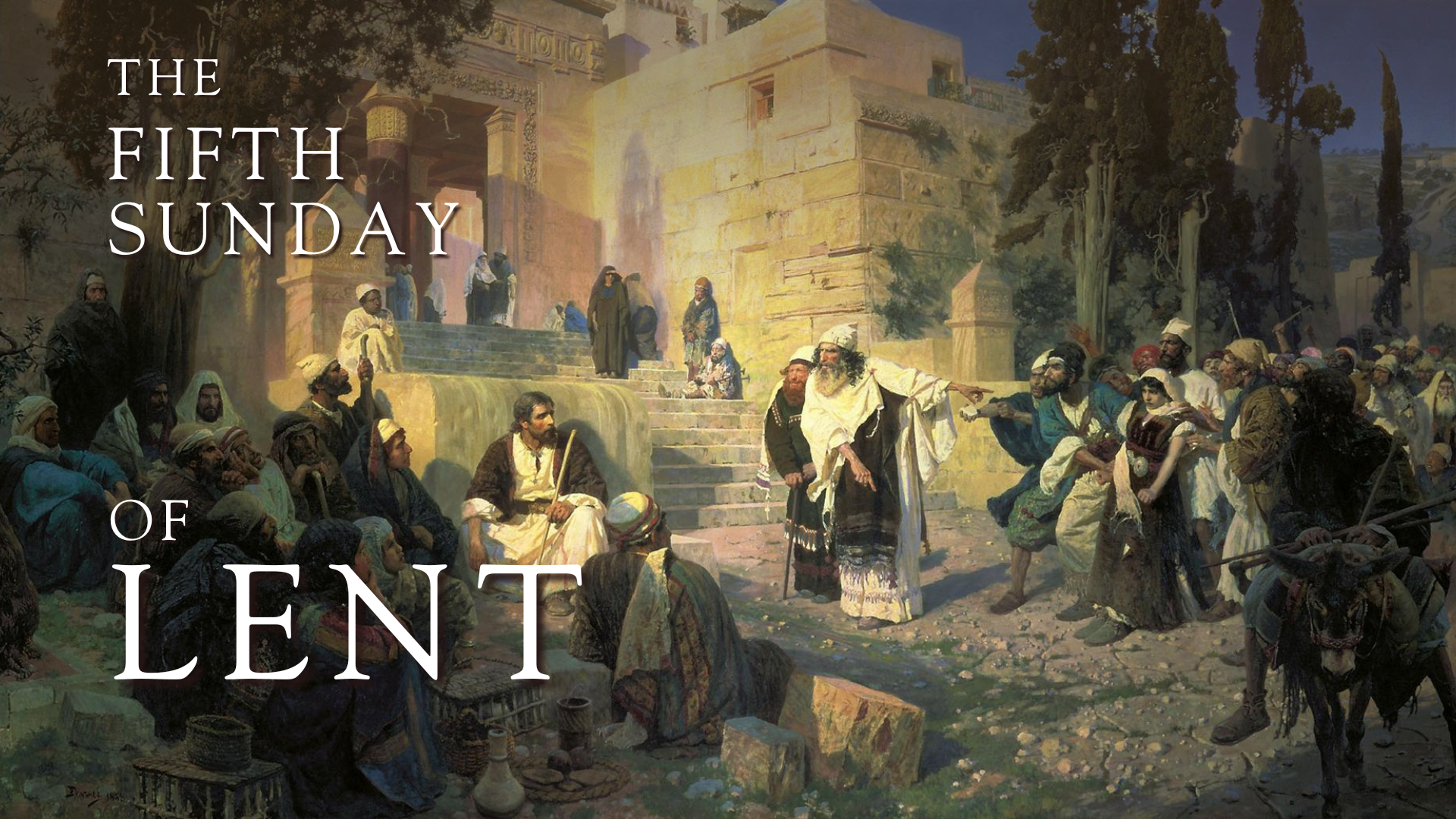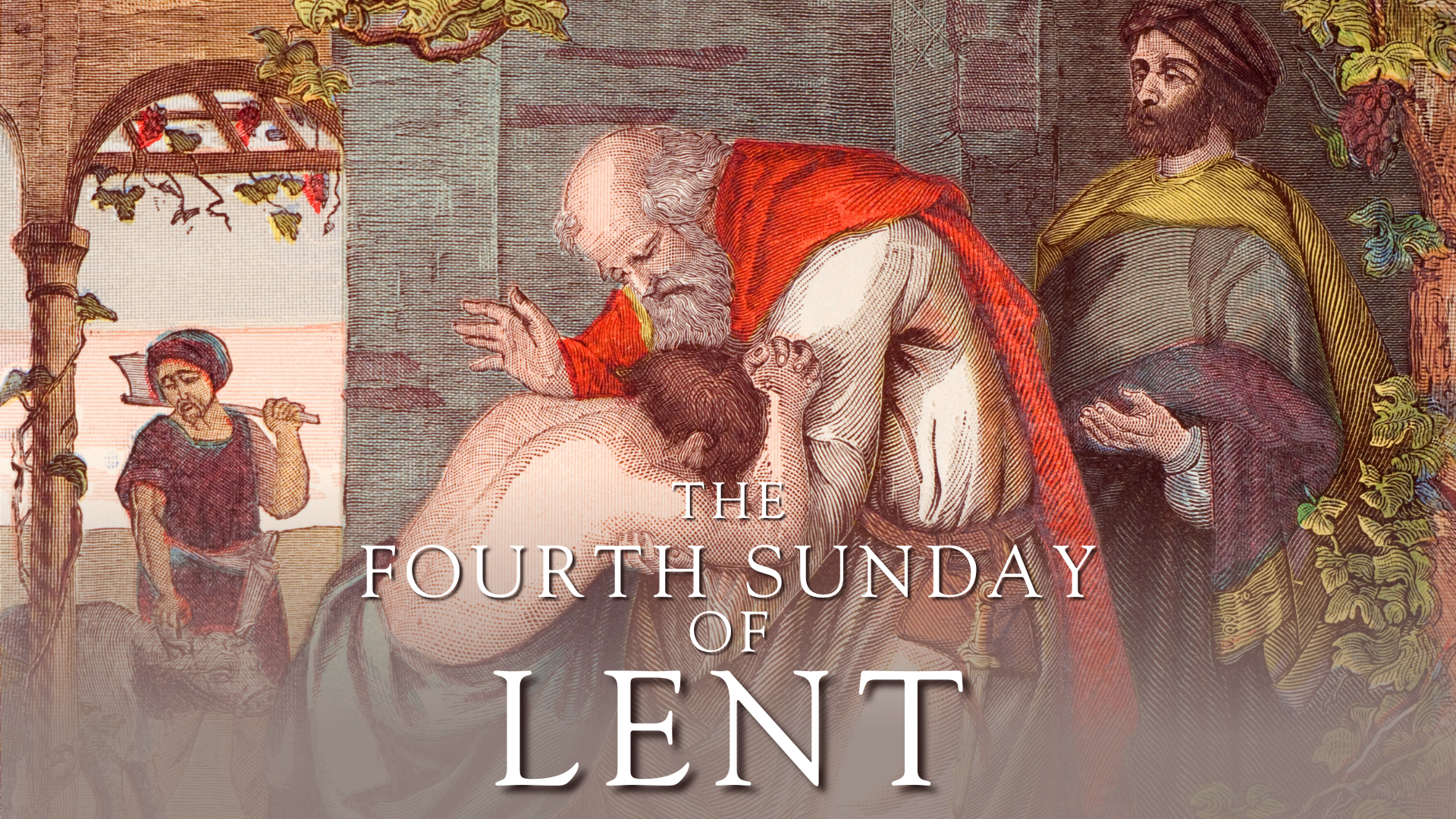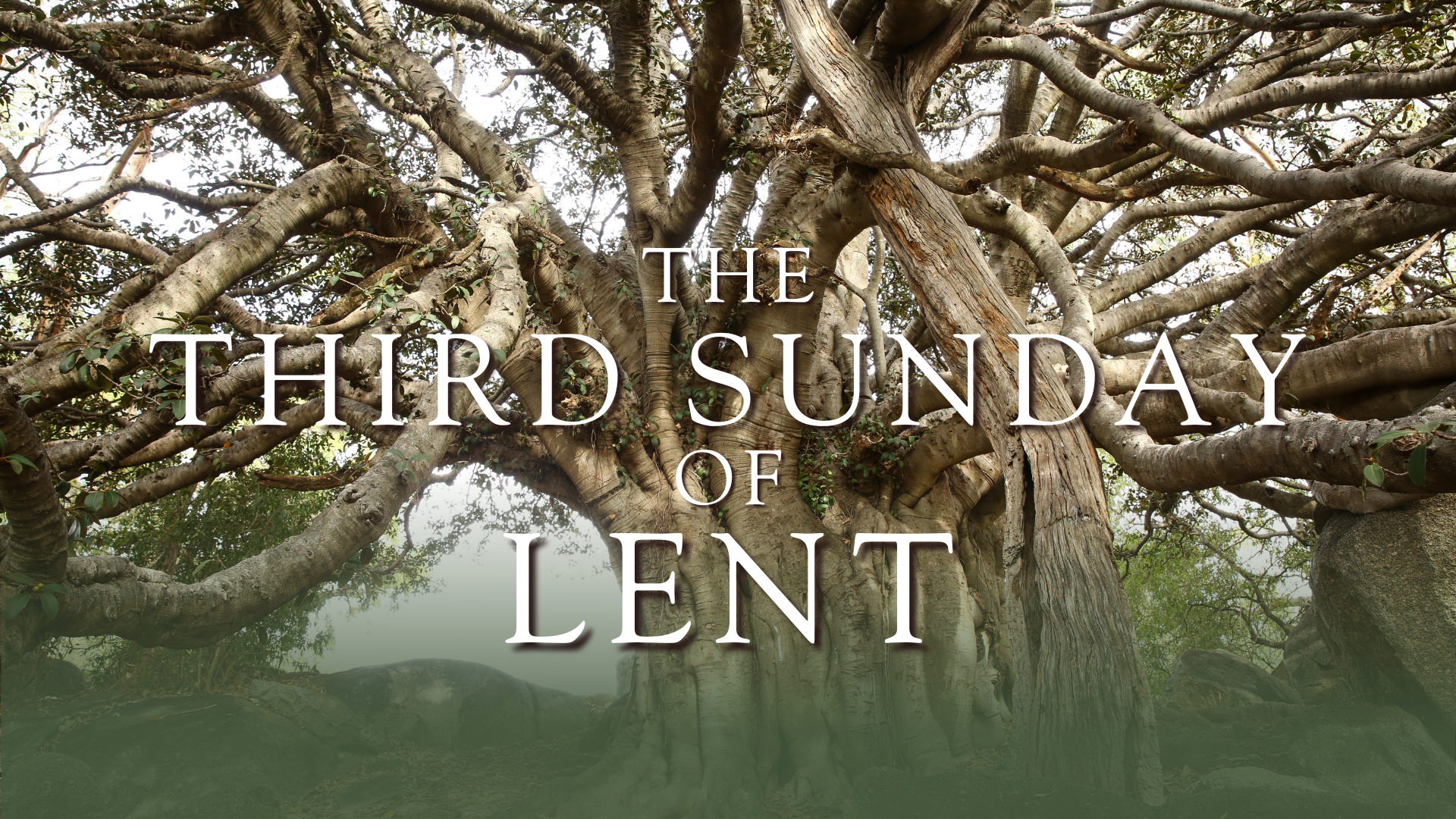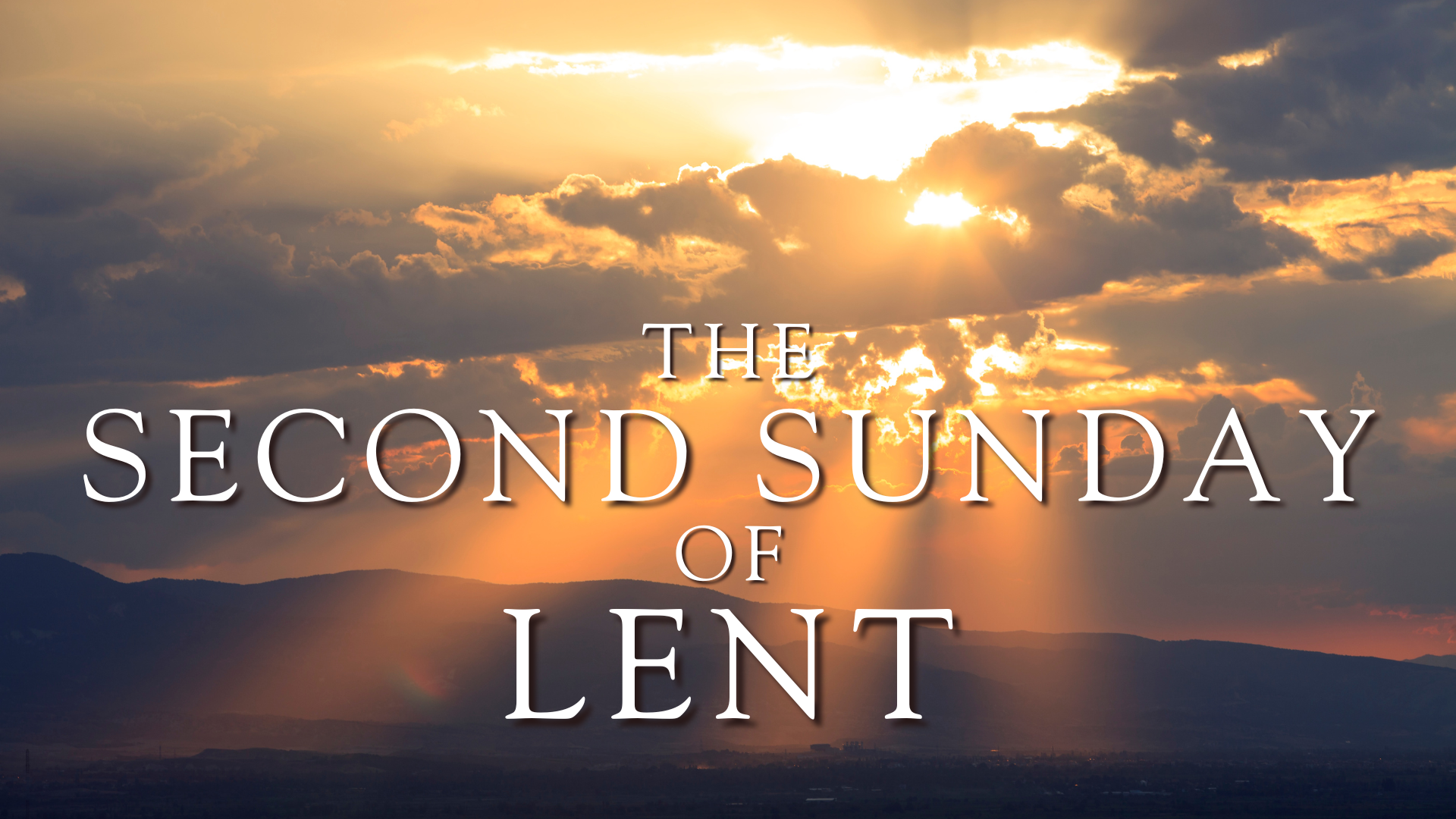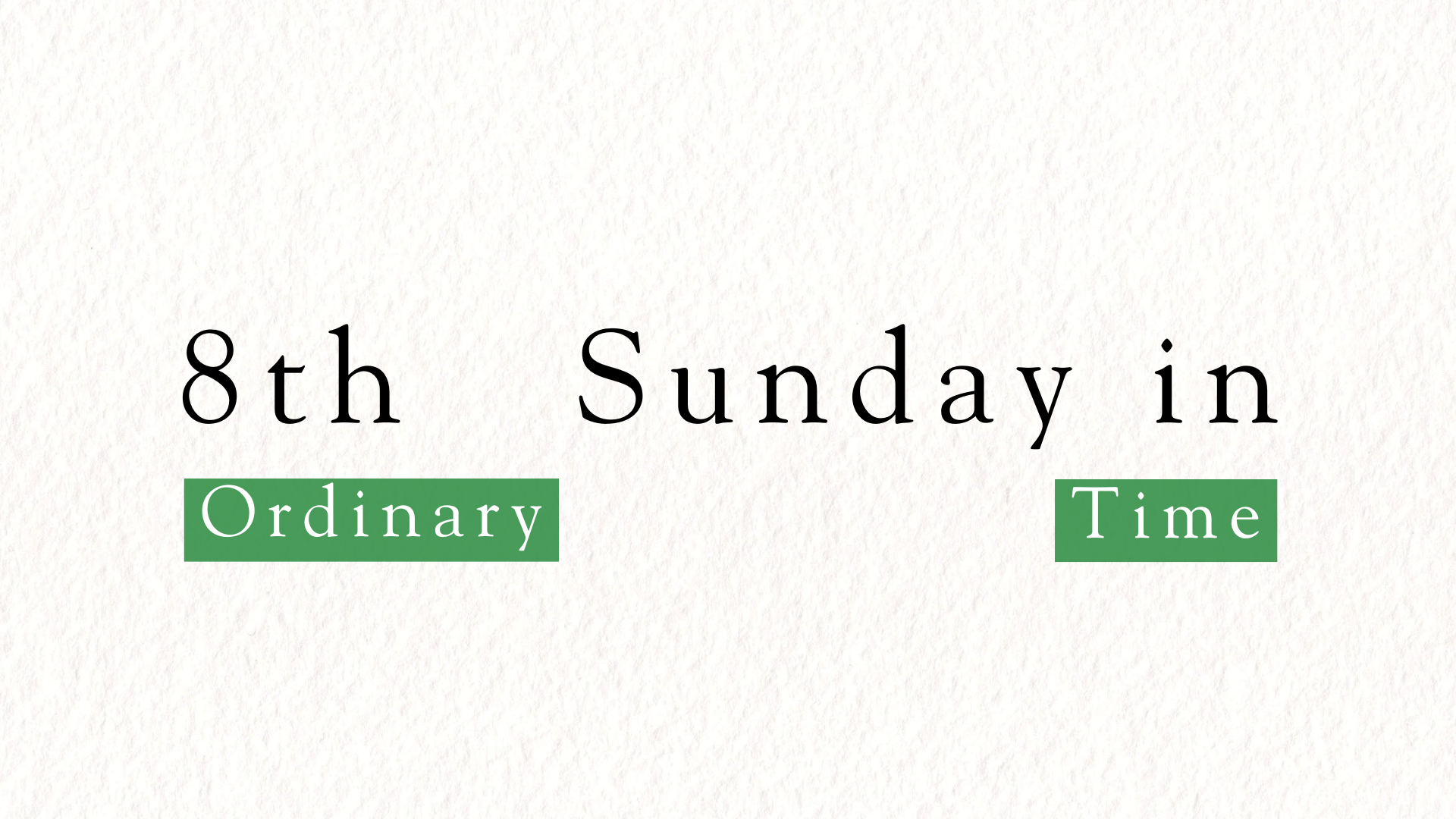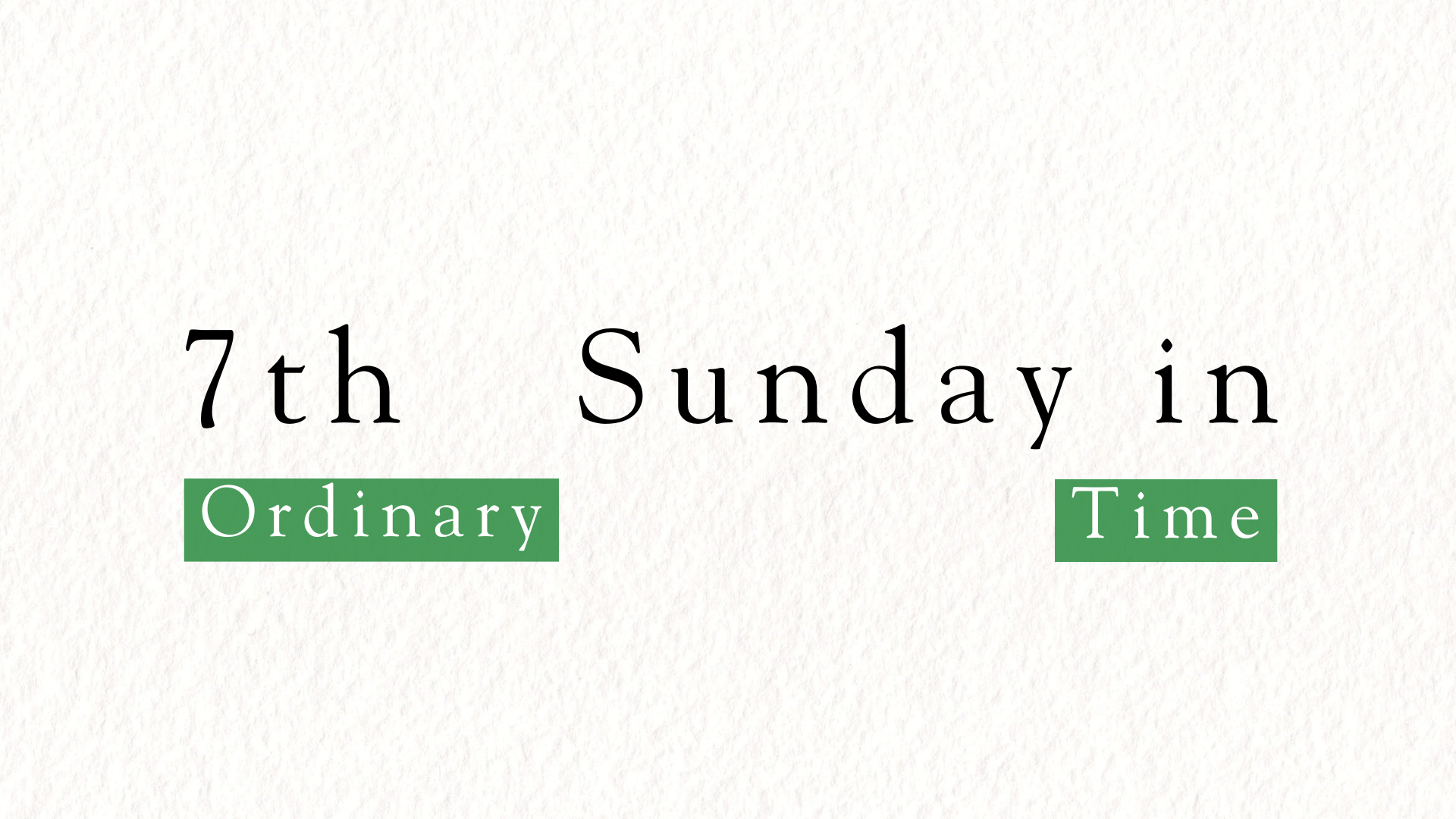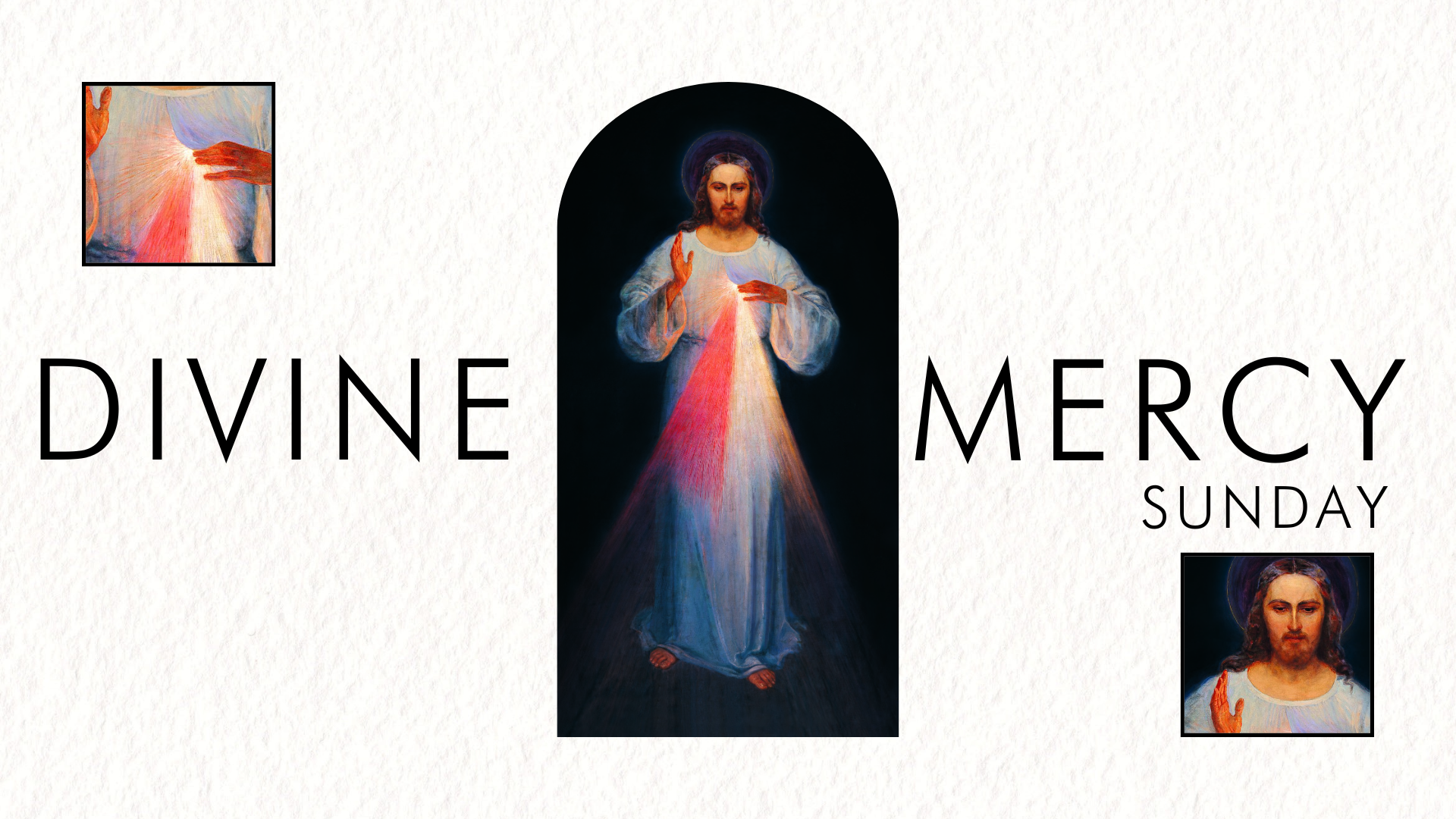
Excerpt from St. Faustina's Diary
"I pour out a whole ocean of graces upon the souls who approach the Fount of My Mercy. Let no soul fear to draw near to Me, even though its sins be as scarlet..."
Divine Mercy Sunday Readings: Acts, Revelation, John
Reflection:
Reflecting on St. Faustina’s life and the Divine Mercy message, we are drawn to the heart of God’s love and forgiveness. Just as Jesus appeared to His apostles in today’s Gospel passage from John, offering them peace and showing His wounds as a sign of His mercy, so too does He offer us the same mercy and peace.
In a world often focused on success and self-fulfillment, the idea of Divine Mercy can feel foreign. Yet, as we contemplate our own lives, we are confronted with our humanity, our flaws, and our sins. It is precisely in acknowledging these shortcomings that we open ourselves to receive God’s mercy and love.
Through the sacrament of reconciliation, we experience this love and mercy tangibly, feeling the cleansing power of forgiveness. As we journey, let’s remember our constant need for God’s mercy. Let’s approach Him with confidence, knowing that no sin is too great for His abundant grace. As St. Faustina recorded Jesus saying, “I pour out a whole ocean of graces upon the souls who approach the Fount of My Mercy. Let no soul fear to draw near to Me, even though its sins be as scarlet…” (Diary 699).
Reflection Questions
- How does the story of Jesus appearing to His apostles and offering them peace resonate with your own need for peace and mercy in your life?
- In what ways do you struggle to acknowledge your flaws and sins, and how can reflecting on God’s mercy help you in this process?
- How long has it been since you’ve approached God’s mercy in the sacrament of Reconciliation/Confession?

